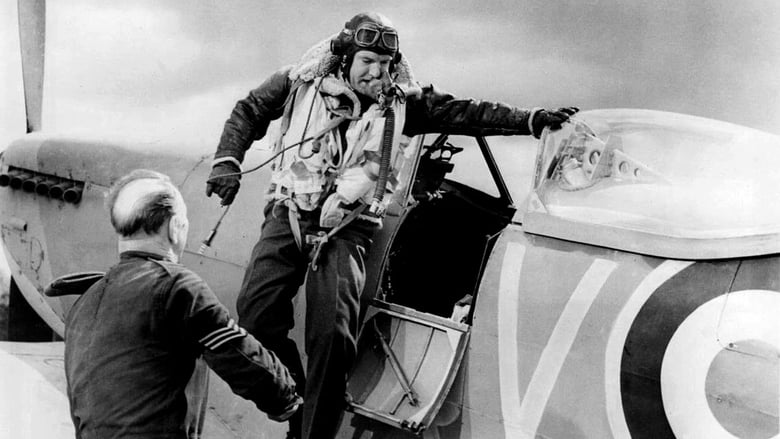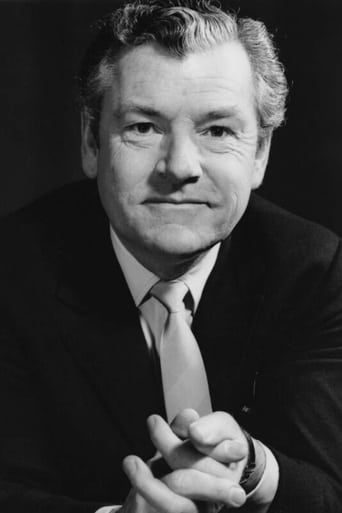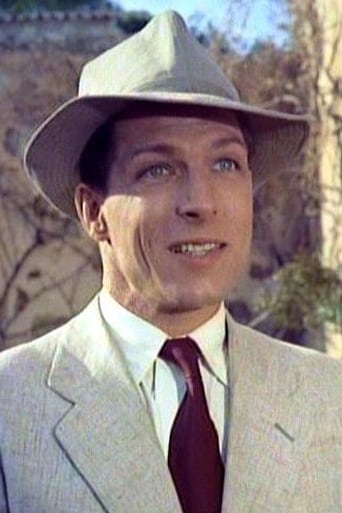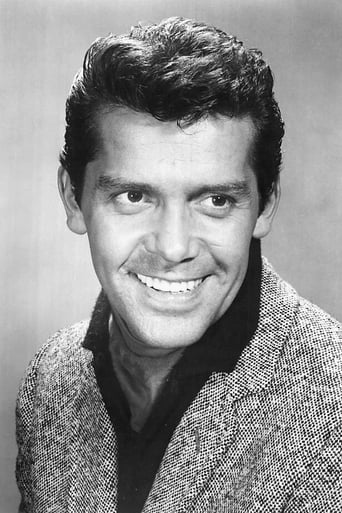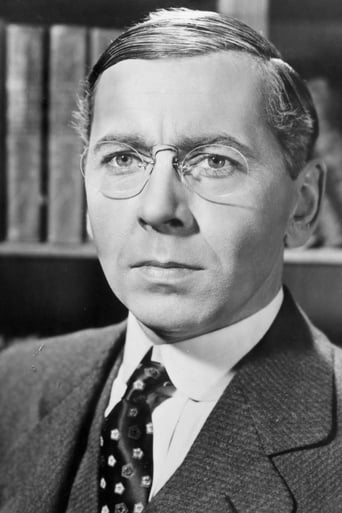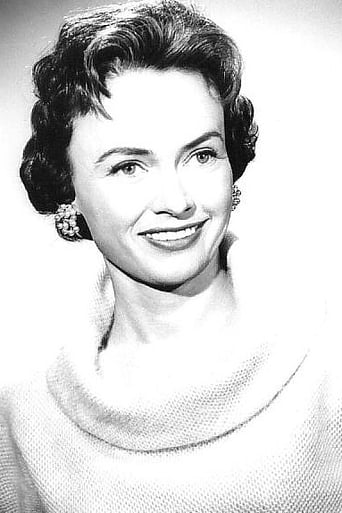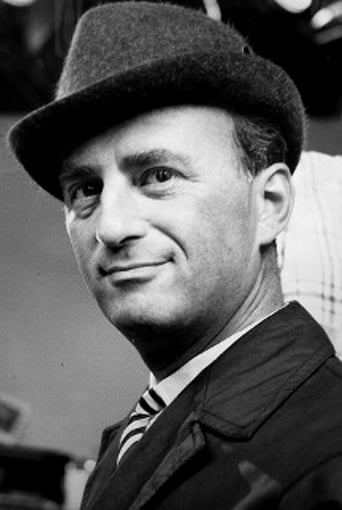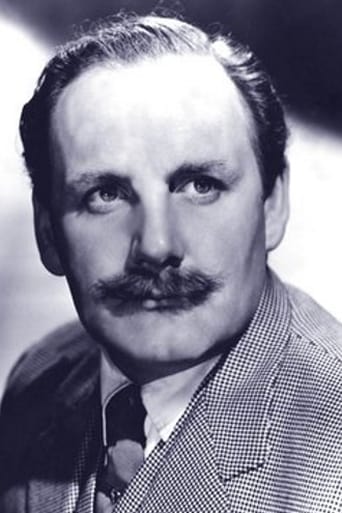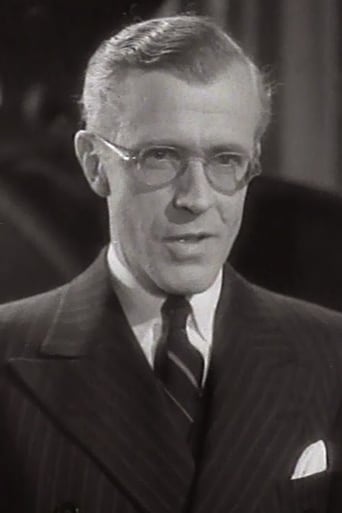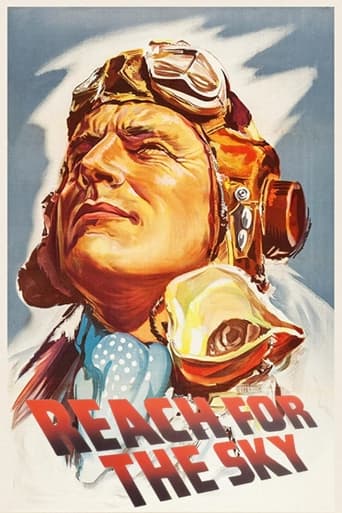
Reach for the Sky
July. 10,1956The true story of airman Douglas Bader who overcame the loss of both legs in a 1931 flying accident to become a successful fighter pilot and wing leader during World War II.
Similar titles
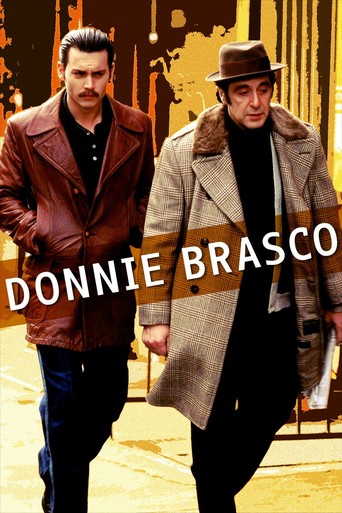

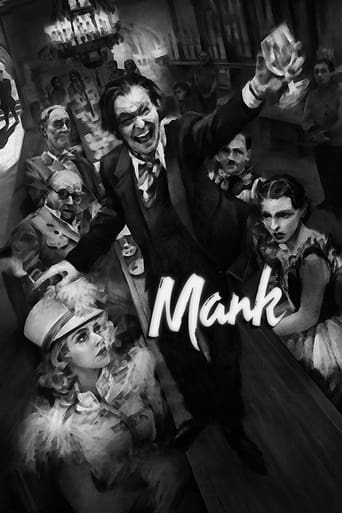
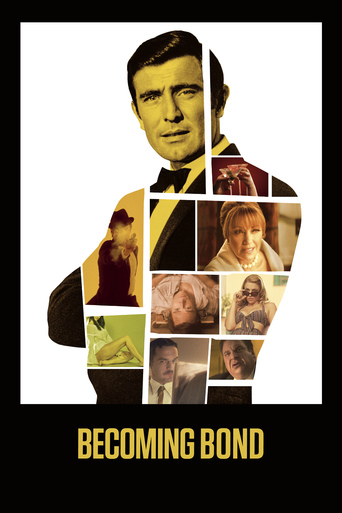
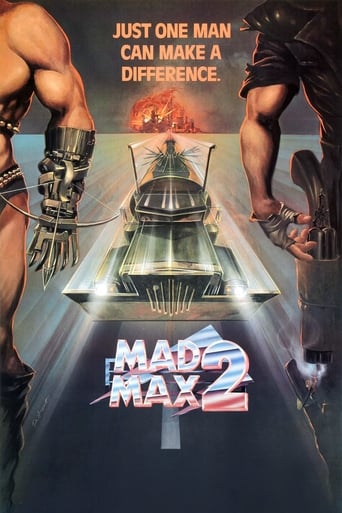


Reviews
Fantastic!
The film's masterful storytelling did its job. The message was clear. No need to overdo.
This movie feels like it was made purely to piss off people who want good shows
It's simply great fun, a winsome film and an occasionally over-the-top luxury fantasy that never flags.
If you've read this far, then you've got a good grip on the plot and basics. I'd just like to add that this film helped me through a semi-crippling bone disease, couple of years around 1957/9, so I'm among the legions of similar crips who have much to thank Bader and More for. Seriously.However, time and history have been unkind. Without boring all with the story, let me just remark that Bader's charity off-screen was very conditional and snobby-Christian/lodge based. Further, I later got to know the Dowding family quite well for a while, where his name was mud. A whole political Pandora's box of nastiness hung on the 'big wing' theory (which didn't actually work in the end), and Bader was the thin end of the wedge that split Dowding so rudely and inappropriately away from the position he had filled with such honour and restraint.There's another film in there, now they're all dead, with much to say of the folly of letting heroes near politics, or front-line whizz-kids near strategy.
What a remarkable person Douglas Bader was. Always a madcap, he joins the RAF in 1928 and becomes a perfect pilot but is unable to adhere to the norms and fill out the forms. On a dare, he engages in dangerous low-level aerobatics and smashes up his kite, which leads to two of his legs being amputated. Rather than be assigned to a desk job or accept a disability pension he resigns and takes some sort of mundane position that has all of the boredom of military paperwork with none of the excitement of flying. When the war comes along, he rejoins, undergoes flight school yet again, and is finally allowed to fly. His administrative skills are effective. He has no tolerance for red tape. And his combat exploits are heroic. He's shot down over France, captured, and manages to escape two or three times until he is ensconced in Colditz Castle.There's an awe-inspiring story buried in Bader's biography but this film doesn't quite soar into it. Instead it's one socially acceptable formulaic scene after another. After his double amputation, Bader lies writhing with pain in his hospital bed. He's on the verge of dying but overcomes it by the sheer power of his will. Kenneth More, who is Bader, has shown a considerable range as an actor -- from comedy ("Doctor in the House") through thrillers ("The 39 Steps") to drama ("Sink the Bismark") -- and he's good here at registering pain. The problem is that the role of Douglas Bader is itself like a formulaic straight jacket. In the face of any challenge -- golf or the loss of his legs -- he's relentlessly cheerful, optimistic, and eager. He completely lacks the very human quality of self doubt. Of course, some of us have less of it than others, but Bader's character has none at all. He comes across as a modern Sardonicus, a mechanical smile etched into his face, stumbling about in robotic fashion on tin legs. This isn't to make fun of the man, but the way he's presented in this thoroughly routine biographical movie.Bader's unfailingly headlong cheerfulness aside, the story is weak. A narrator is introduced at the beginning as an old friend of Bader's. He's about to tell us the story. This is "Woody" Woodhall, with whom Bader exchanges a few winks and wisecracks before he disappears from the movie except for one more late appearance. Having someone tell a friend's story is one of those devices a writer falls back on when his efforts flag. But the fact that it's a common device is minor compared to the fact that it's not used well enough to be believable.Not that Woody's narration adds much to an already iron-bound dialog. "Hour after hour, for four endless days, the nurses fought for his life and in the end they won." I guess I've bad mouthed this movie enough. It's not as terrible as I've made it sound. Bad enough to generate an occasional wince, but it does neatly present some events while avoiding others that are overly familiar.Example of such events. Bader's first trials with his prosthetic legs. He manages to take a few awkward steps by himself under the eyes of his medical tutors and the mechanism of stepping is explained to him. Without a knee, the artificial leg must be "flipped" ahead with a sharp motion of the remaining thigh. And when asked to turn around, he finds he can't, and, having had the practice of artificial legs explained to us, we can understand why. How easy it would have been to have Bader sitting in his wheelchair for a year, overcome with despair, until he wills himself to stand up and -- "LOOK! I can WALK!" (Everybody gawks and applauds.) But no. It's all handled matter-of-factly and is all the more interesting for it. There aren't many scenes of aerial combat but they're innovatively handled too.I only wish, the material being as inherently gripping as it is, that it had been done better, not as a tribute to a man compelled to overcome challenges -- Bader's own story has taken care of that -- but as a persuasively realistic picture of a man with whom we're able to identify. You know, "That's what I would have done if I'd been better than I am."
After losing both his legs in a flying accident, Douglas Bader not only mastered the use of his artificial legs, he also astounded everybody by flying for the RAF again-leading the assault in the Battle Of Britain in the process.Reach For The Sky opens up with a disclaimer of sorts, the usual yadda yadda about certain events in Bader's life being altered in the name of entertainment. To which it should be mentioned that for a honest look at the man and his life, those interested should either read the biography that this is adapted from {written by Paul Brickhill), or source from many other available means. That said, Lewis Gilbert's film is in essence a true story. Yes it is true that some of Bader's known character traits are not fully formed, and yes the makers here were very clever in casting the hugely popular Kenneth More as Bader to ensure the film stayed away from Bader negativity. But it stands up as an uplifting film regardless of its supposed glorification of combat.Kenneth More gives it the whole kitchen sink, so much so that pretty much everyone else in the picture barely gets a look in. But to do down More for that would be grossly unfair, asked to carry the narrative entirely, he not only achieves that, but he also makes Bader an inspiration for many, and that has to be a good thing. It caught me personally at the right time, a time when I was feeling rather sorry for myself, so with that in mind the film definitely achieved its aims. Thematically strong and technically sound, Reach For The Sky is a recommended picture, but not, if you aren't prepared for some artistic license as regards the "hero" of the piece. 7/10
The credits advise that some events and depictions of people/events have been altered for story telling purposes , so this film is not a strictly accurate history of Douglas Bader. Also played down somewhat is Baders arrogance and foolhardiness which lead to his disability in the first place. Still as a inspiration for disabled people and as an almost factual account of Baders life and as film entertainment , it's pretty good. Made reasonably close to the war years it is able to capture the feeling of those years quite well. It is a trifle 'stiff upper lip - what ?' but Kenneth More as usual turns in a good performance. Focusing mainly on Baders attempts, and resulting achievements in war time flying, after a crash means both lower legs have to be amputated. Quite gritty and not too sentimental this offering from director Lewis Gilbert stacks up well against similar films of the time.
Top Streaming Movies











